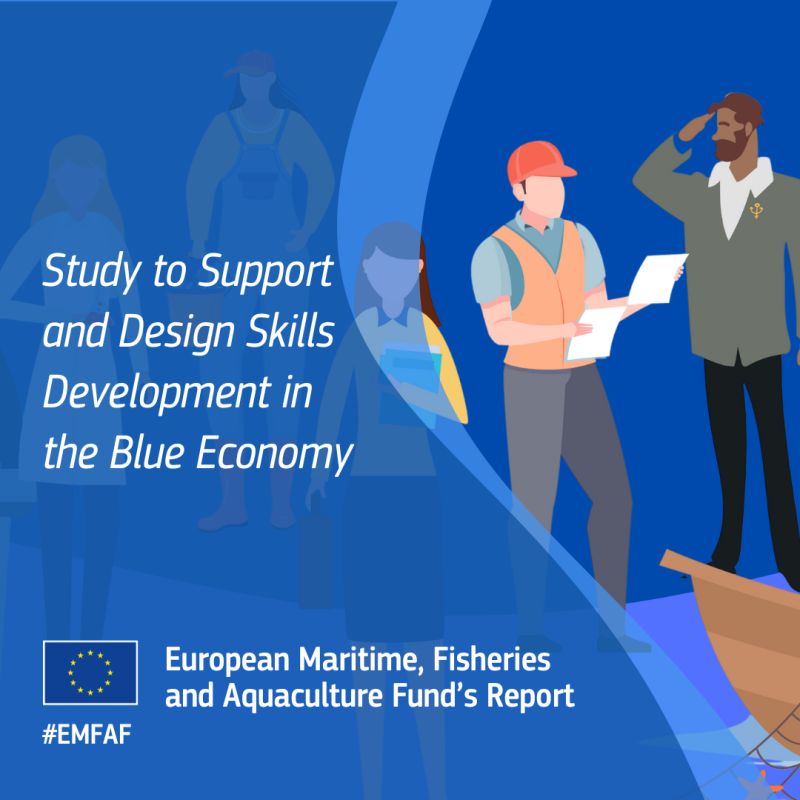The blue economy is a key driver of sustainable economic growth, innovation, and employment across the European Union. Encompassing a wide range of activities – from established sectors such as coastal tourism, maritime transport and fisheries, to emerging industries including offshore renewable energy and blue biotechnology – the blue economy supports the EU’s ambitions under the European Green Deal and contributes to advancing the digital and green transitions.
In response to evolving labour market dynamics and the need for ensuring a skilled and adaptable workforce, the European Commission launched this study with the objective of mapping the current skills landscape, identifying future needs, and proposing actionable recommendations to address skills gaps and mismatches across blue economy sectors.
In line with the European Ocean Pact, it seeks to shape the EU’s vision for a sustainable and inclusive blue economy, ensuring that its workforce remains at the forefront of global maritime innovation and leadership.
The study also aims to contribute to the objectives of the Pact for Skills and the broader Union of Skills initiative.
Outcomes of the study
The study found that across sectors – from fisheries and shipbuilding to emerging areas like offshore renewables and marine biotechnology - proficiency in geographic information systems, data analysis, cybersecurity, and project management has become foundational.
At the same time, green competencies in ecosystem restoration, circular‑economy practices, and sustainable resource management are increasingly non‑negotiable, reflecting both regulatory pressures and the European Green Deal agenda.
These trends are facilitating the emergence of novel roles – AI specialist, blue carbon advisor, marine spatial planner, energy transition manager – that blend technical, environmental, and leadership abilities.
However, the study also found that training remains fragmented: while webinars and workshops are widespread, hands‑on apprenticeships and interdisciplinary curricula are scarce, especially in remote regions and cutting‑edge fields like desalination and marine robotics.
Persistent barriers include limited career visibility, funding shortfalls, and time constraints, which stakeholders recommend addressing through stronger industry‑academia partnerships, immersive learning (VR/AR, gamification), and targeted investment to broaden access and inclusion.
BlueComp
A key output of the study is BlueComp, a dynamic and evolving competence framework, capable of adapting to new technological, environmental, and policy developments. The framework seeks to establish a structured approach to identifying the essential skills that support a sustainable, innovative, and resilient blue economy, as well as to serve as a foundation for education, training, and workforce development, ensuring alignment with the industry needs for both current and future marine and maritime professionals.


